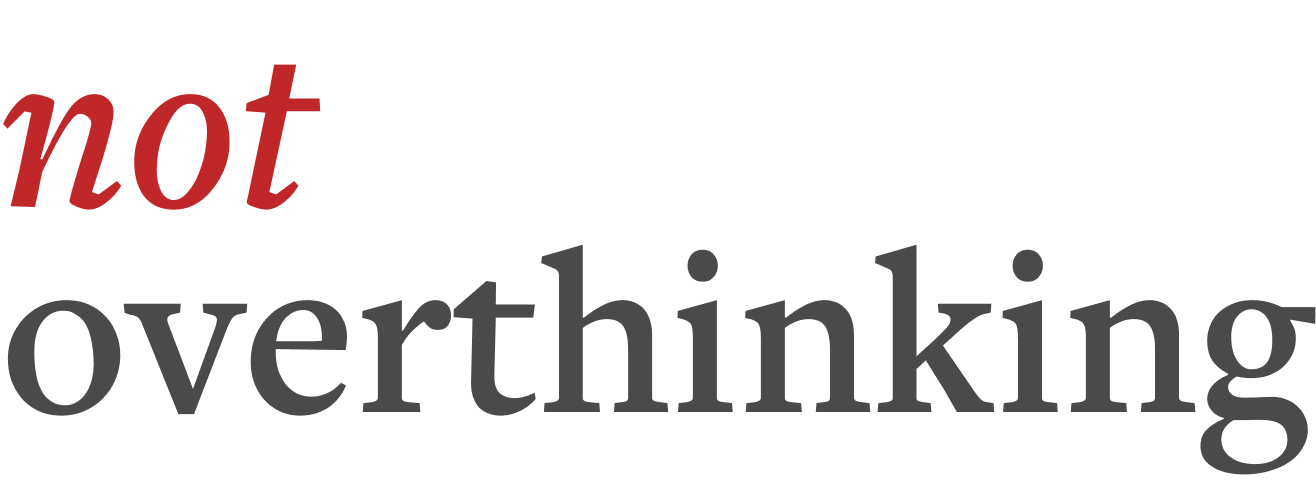Why do we struggle with motivation?

Some of the highlights from our discussion:
We should accept the idea that motivation is a myth and discipline and action are more important. Ali talks about a blog post that changed his life which posits that discipline is more important than motivation. Action comes first and the motivation follows. In essence, action leads to motivation which leads to more action.
To overcome the motivation dilemma, there are some hacks to target the action:
- Make the Action More Pleasurable – Make it more pleasurable to do the action. Ali talked about how he used to take his work to a coffee shop and would buy as many coffees as he wanted with the aim of making the work more pleasurable – hence targeting the action itself by making the process more pleasurable.
- Make Inaction Less Pleasurable – For example, having a deal with a friend that you have to pay them money if you don’t do something – that would make not doing more painful and so might actually push you towards doing it.
Make the outcome of the action more salient. When it comes to motivation, we tend to not require motivation for things that give us short term benefit – watching Netflix is a short term benefit but we rarely lack the motivation to sit down and watch Netflix! The categories of things we tend to need large amounts of motivation for tend to be things that might be painful in the short term but have some kind of long term benefit. So, targeting the outcome involves making the thing that you are trying to do seem more salient – making it more obvious and important.
Reducing the friction of doing the activity itself can radically reduce the cognitive effort to get started and overcome the motivation mind-block. Instead of trying to figure out what to do, if you have it already laid out it’s easier to begin. Ali talks about how having a schedule and knowing what he was going to do during his revision for his third year exams at university meant that the level of motivation necessary to start or the impetus or the friction was drastically reduced.
Become a Not Overthinker
We've got a fun little members-only community where we have a private Slack channel, and host weekly (ish) Zoom hangouts. Click here if you fancy joining.
Leave us a Review
If you enjoy listening to the podcast, we'd love for you to leave us a review on iTunes / Apple Podcasts. Here's a link that works even if you're not on an iPhone :)
Send us an Audio Message
We really want to include more listener comments and questions in our episodes. If you've got any thoughts on this episode, or if you've got a conundrum or question you'd like us to discuss, send an audio file / voice note to [email protected].
- For any non-audio comments, please comment on our YouTube channel.
- Alternatively, feel free to drop us a tweet or DM on Twitter - https://twitter.com/noverthinking.



